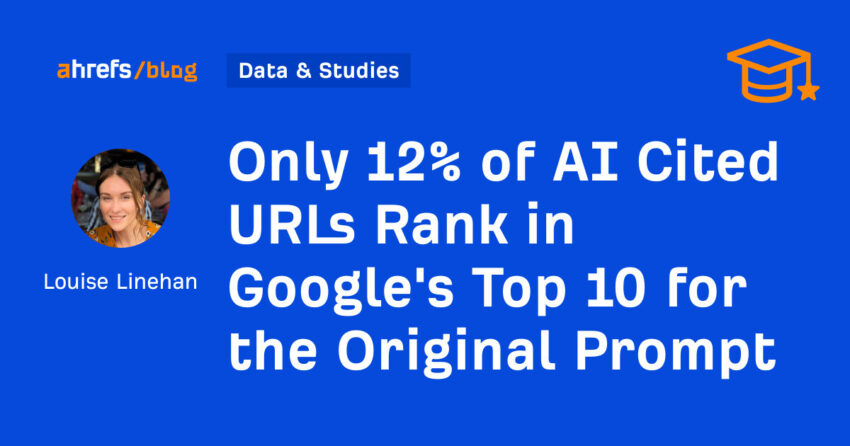TL;DR Summary of How Often AI Assistants Cite Top Search Engine Results
Optimixed’s Overview: Understanding the Citation Gap Between AI Assistants and Search Engines
Key Findings on AI Citation Alignment with Search Rankings
Recent analysis of 15,000 long-tail queries reveals that AI assistants generally cite web pages that do not match the top-ranking results on Google or Bing. The average overlap between AI-cited URLs and search engine top 10 results is just under 12%, with Perplexity standing out by citing nearly 29% of URLs from Google’s top 10. Other AI systems like ChatGPT, Gemini, and Copilot hover around an 8% overlap.
Why Do AI Assistants Cite Different URLs?
- Different indexing and retrieval methods: AI assistants use query fan-out techniques, searching multiple query variations rather than the exact user prompt, which leads to diverse citation sources.
- Use of proprietary indexes: For example, Perplexity uses its own crawler and search index rather than relying on Google or Bing directly, leading to better alignment with high-ranking pages.
- Personalization and contextual factors: AI citations can vary based on conversation history or prompt context, causing further divergence from traditional search results.
- Ranking vs. citation strategy: AI assistants prioritize pages appearing consistently across query variations rather than solely based on rank for the original query.
Implications for SEO and Content Strategy
Because AI assistants rarely mirror search engine results exactly, content creators should focus on:
- Optimizing for multiple long-tail keyword variations to capture a broader range of AI-driven queries.
- Building comprehensive topic clusters to increase the likelihood of consistent citation across related queries.
- “Owning the entity” by establishing authority and relevance across topic areas rather than targeting single keywords.
Tools like Ahrefs Keyword Explorer can help identify parent topics and related long-tail queries to strategically expand content coverage for AI citation potential.
Looking Ahead
Ongoing developments, such as OpenAI’s plans for an AI-first web browser and potentially proprietary search indexes, may shift how AI assistants source citations in the future. Continuous research and adaptation to evolving AI retrieval behaviors will be crucial for maintaining visibility in AI-powered search environments.
